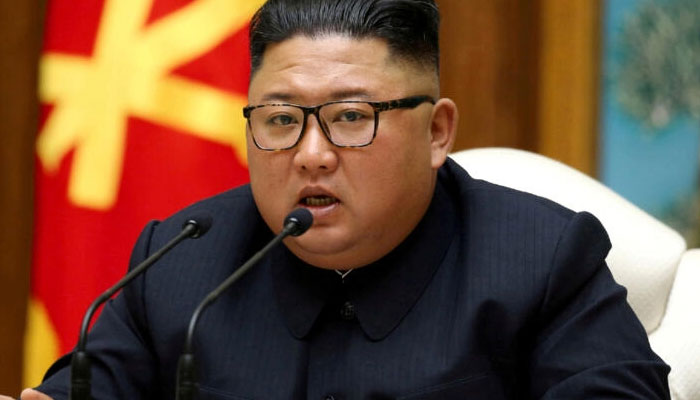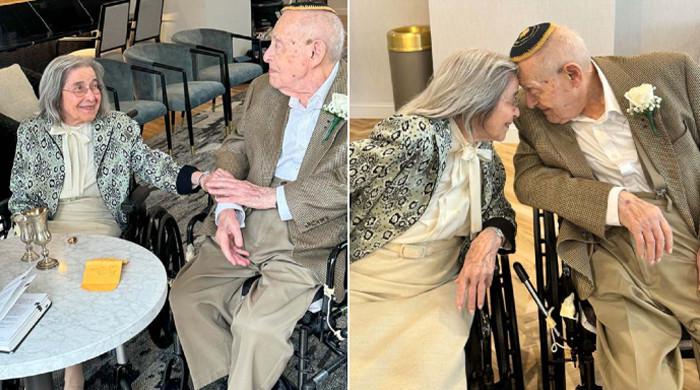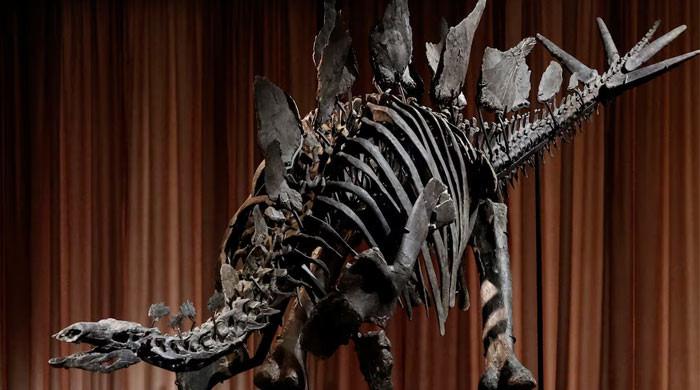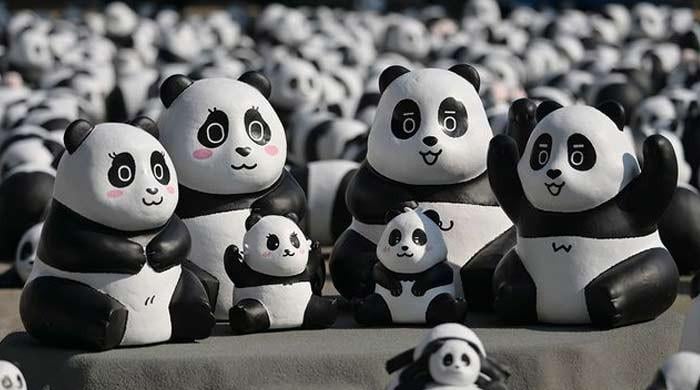North Korea bars women from wearing shorts
North Korea banned shorts for women considering the costume a symbol of foreign and capitalist culture
August 15, 2023

North Korea's strict ban on Western clothing has extended to shorts, even during the scorching summer months. However, the enforcement appears to target women exclusively, according to local residents.
Authorities are reportedly cracking down on women who wear shorts, issuing them warnings and even arresting some, forcing them to sign pledges against wearing shorts again.
The fresh edict stems from a broader law enacted in 2020, aiming to curb "anti-socialist behavior," with shorts being considered a symbol of foreign and capitalist culture. This isn't the first time such measures have been applied asymmetrically, as a previous ban on public smoking was only imposed on women caught with cigarettes.
The move has stirred discontent among women in North Korea, who question the gender inequality inherent in this policy. The country is known for its stringent control over citizens' lives, including various restrictions on freedom and human rights. International organizations like Human Rights Watch have long criticized the government's suppression of liberties and its severe treatment of perceived opponents, who are often subjected to torture and forced labor in political prison camps.
While North Korea's leadership under Kim Jong Un has prioritized military advancements, particularly in nuclear and missile technologies, its citizens continue to grapple with limited resources, challenging living conditions, and a lack of basic necessities. The shorts ban underscores the government's insistence on maintaining control over citizens' choices, even when faced with sweltering temperatures.
In contrast to its southern neighbor's technological advancements and economic growth, North Korea remains isolated due to its pariah status. Kim Jong Un's tenure has been marked by anti-Western rhetoric, perpetuating the view that external forces pose a threat to the country's survival. Recent actions, including the dismissal of a top military general and calls for increased weapons production, reveal the regime's ongoing focus on military readiness and asserting its dominance.











